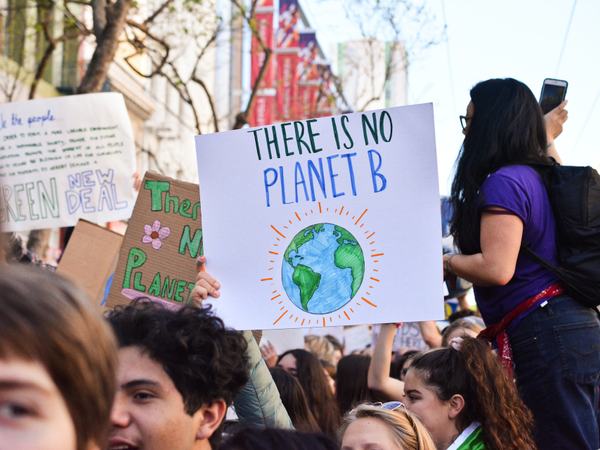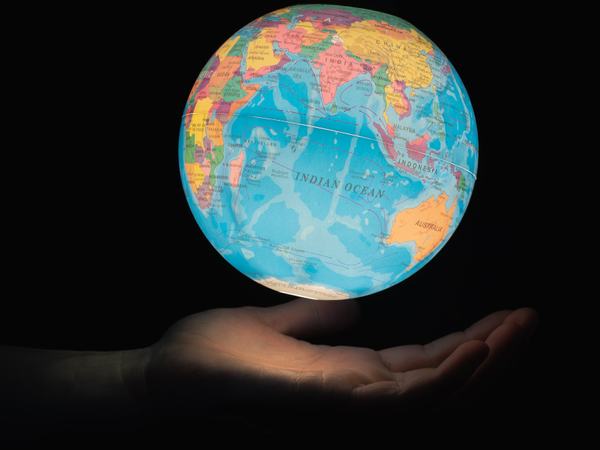Breastfeeding and climate
A few days ago was again global climate strike, Fridays for future. This occasion has moved me to think about the issues that affect pregnancy and babyhood, even in addition to the topics that are discussed in politics. In other words, precisely those topics that I come into contact with again and again in my everyday life.

As we all know by now, there are very many factors influencing climate change. In babyhood, for example, cloth diapers or diaper-free play a big role here.
Cloth diapers require significantly less energy overall than their disposable counterparts when you consider production and reusability. Especially since with disposable diapers it must be taken into account that they take several hundred years to decompose. Diaper-free is also significant in this context, as even more resources can be saved here.
Learn about the diaper-free method in my online course
I have written an online course on the subject of diaper-free. You can register for this course on my website, receive access data to the learning portal and can learn the diaper-free method according to your schedule. You can find more information at my online course Diaperfree.
But I don't want to talk about diapers here, I want to talk about breastfeeding. Breastfeeding is significant in many ways. Breastfeeding is not only important for the child or the mother, but also for the whole society, the climate and our nature.

It is no longer news that meat consumption is not beneficial for our climate. The same applies to the consumption of animal products such as milk, cheese or eggs.
Now the fact is that for breastfeeding simply a balanced diet of the mother plays a role.
If breastfeeding is not practiced, the baby should be given an infant formula unless it can be fed on another mother's milk. The vast majority of infant formulas are cow's milk based.
It is not a good idea to give our babies cow's milk directly, as it differs significantly from human milk in protein, for example. So the cow's milk is the starting material for the production of infant formula, and other substances are added.
This further processing of cow's milk requires a lot of energy and thus causes a high emission of greenhouse gases. On average, the production of one kilogram of powdered milk produces emissions of four kilograms of greenhouse gases (see "Breastfeeding is political").
In countries where companies are not allowed to advertise artificial infant formula, both breastfeeding rates and greenhouse gas emissions are significantly lower. The so-called WHO Code of Marketing of Breastmilk Substitutes plays a role here.
The WHO Code states precisely that companies are not allowed to advertise infant formula, follow-on formula or complementary foods to replace breastfeeding. Only objective, factual information is allowed. The Code covers much more, but here are a few important aspects.
In Germany, the Code is only partially enshrined in law. In other countries it is fully enshrined in law, in others not at all.
Studies have shown that the influence of advertising on breastfeeding rates is very large, which is why I bring the Code into play at this point. High breastfeeding rates are not only important for the health of mother and child, but also for the climate, as I wrote above.
At this point, I would like to make it clear once again that artificial infant formula is certainly justified and can ensure the care of a baby. However, my point is that breastfeeding promotion and support plays a role in many respects - including the protection of our climate.

I therefore think it would make sense for the WHO code (I will write about this in more detail) to be fully anchored in law and for the costs of breastfeeding support and counseling by trained breastfeeding counselors to be borne financially by health insurance companies or the state.
What are your thoughts on breastfeeding and climate? I look forward to reading about it.
Image sources
- Cover image: unsplash.com
- Image 1: unsplash .com
- Image 2: unsplash .com
- Image 3: unsplash .com
No comments yet.